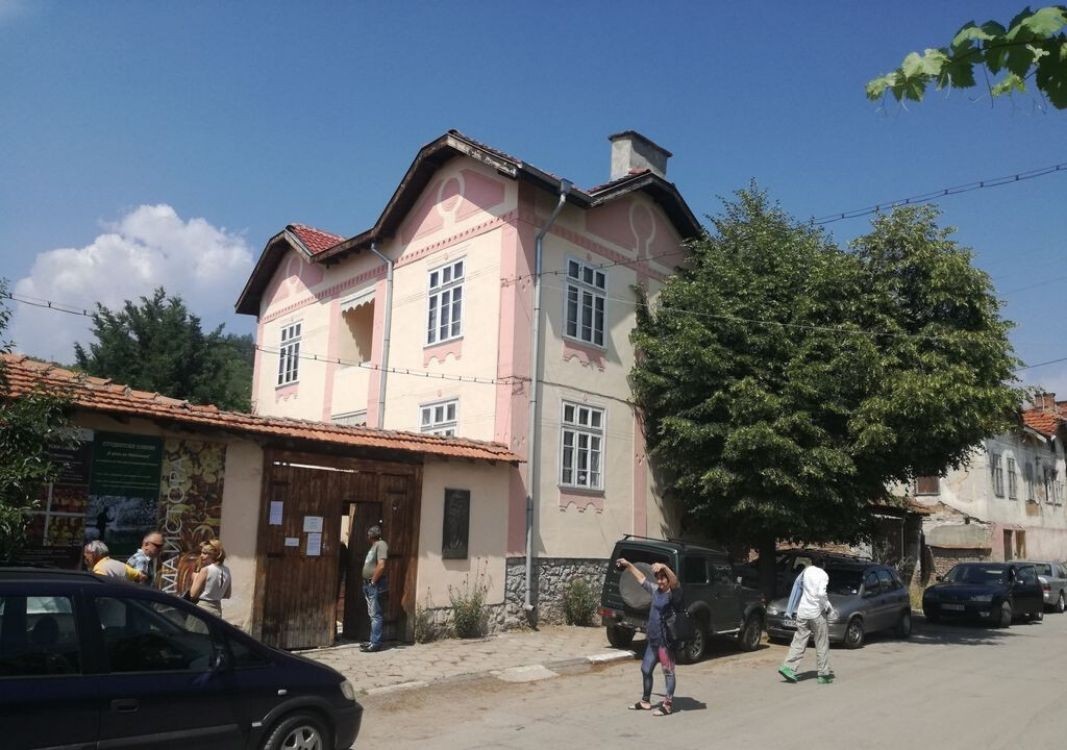At the beginning of the new millennium, movement of people from the city to rural areas began to take shape as a trend in Bulgaria. The reasons were mostly economic – about 20% of the businesses in the country preferred to operate in the countryside because of lower costs.
In recent years, according to data of the National Statistical Institute, migration from the city to the village has had bigger share than migration in the opposite direction – 26.3 in comparison to 21 percent. This trend is also being reinforced by the desire of many young families to seek healthier lifestyle. On the other hand, many freelancers also prefer the clean air of the countryside. Villages around the capital city have filled with urban residents, escaping the noise and dirty air.
With the spread of the coronavirus pandemic, many urban citizens who own rural properties have reasonably moved to the countryside, even before the travel ban entered in force. The main reason for the resettlement to rural areas this time is the ability of people to spend quarantine outside the urban environment.
This is also the case with the Tundzha Municipality, near the regional center of Yambol, where over 900 applications for change of address registration have been filed since the introduction of road checkpoints. According to the municipality secretary, Andon Krastev, this figure is expected to double. According to him, the most preferred are villages in the 15 km zone around the city of Yambol. According to him, those who change their address registration are often people who have been living in these villages for a long time but for one reason or another did not want to re-register.
Rural revival is also noticeable near Kyustendil, according to BNR correspondent Kiril Falin.For example, the village of artist Vladimir Dimitrov - the Master, Shishkovtsi, has become a haven for Sofia residents who have houses there.

Back in February, the number of people living there rose significantly. According to mayor Iliana Petrova, the reason is that many people are not at work because of restrictive measures and have returned home:
"Many of the people who have houses here used to live in Sofia or other big cities, but they are now returning," she says. “Most often we register people with permanent addresses, so they can travel and return as there are checkpoints."
In the village of Treklyano, again near Kyustendil, many people have also returned from the cities, Vasilka Kirilova from the local municipality reports:
"They don't go out much. They know they should not have contacts. People have brought food and other things and stay at home," she adds.
Currently, villages seem to be the safest and most attractive places for living, as they combine clean air, tranquility and better conditions for surviving during times of isolation.
Editor: Darina Grigorova
English: Alexander Markov
Security cameras captured a bear in a residential neighborhood of the town of Karlovo a few days ago. The predator came down to the houses in the northern part of the town and walked calmly along the streets until it was startled by a passing car...
The Day of the Christian Family is an annual event that brings Bulgarians in Hamburg together. 2025 is no exception, with invitations having been circulating on social media for some time, as this year marks the 20th anniversary of the establishment of..
Kosovo is heading for early elections after nine months of failed attempts to form a government Kosovo President Vjosa Osmani has dissolved Parliament, Koha Ditore reports. This decision came after the proposed cabinet, put forward by Glauk..

+359 2 9336 661
